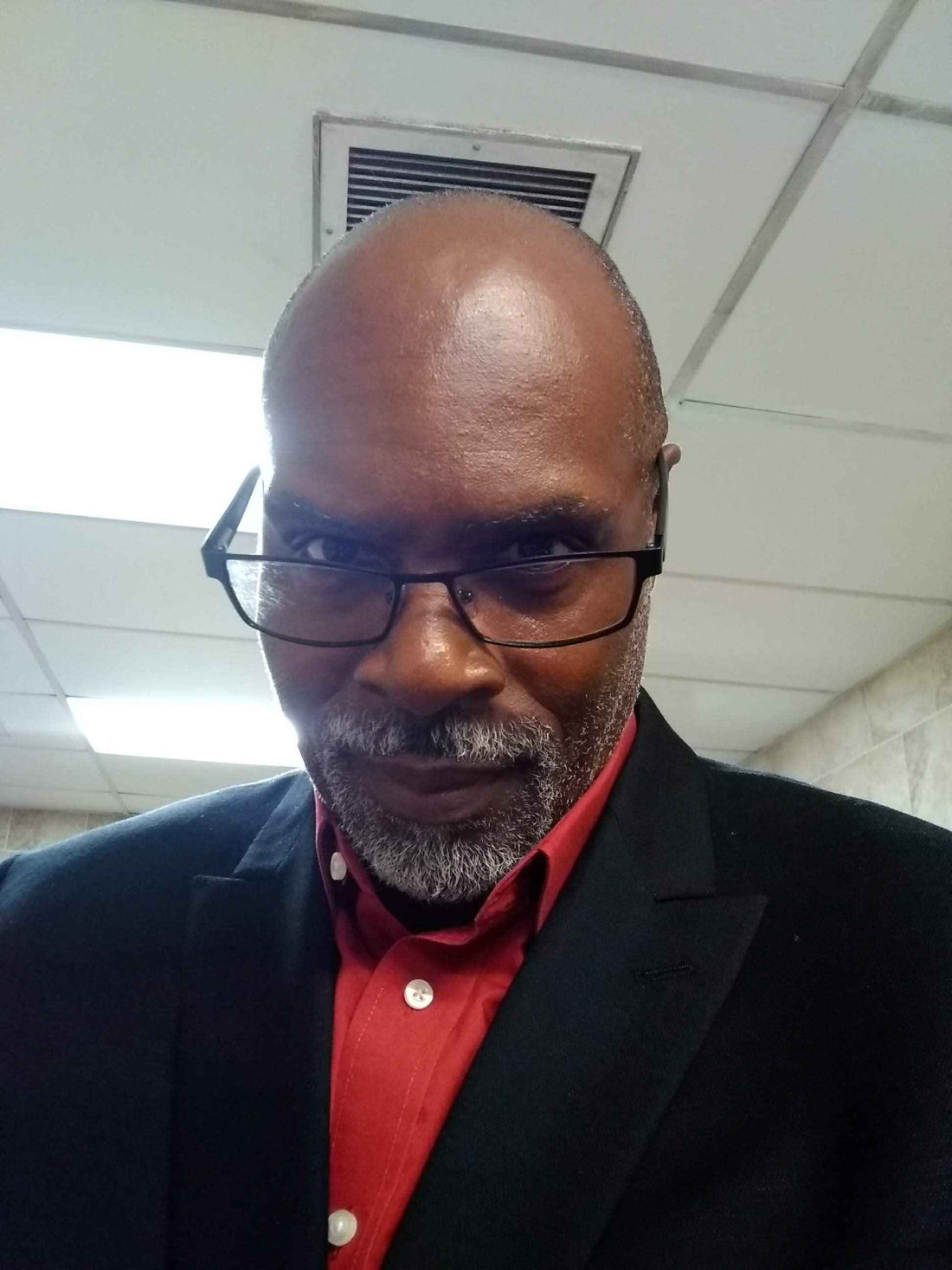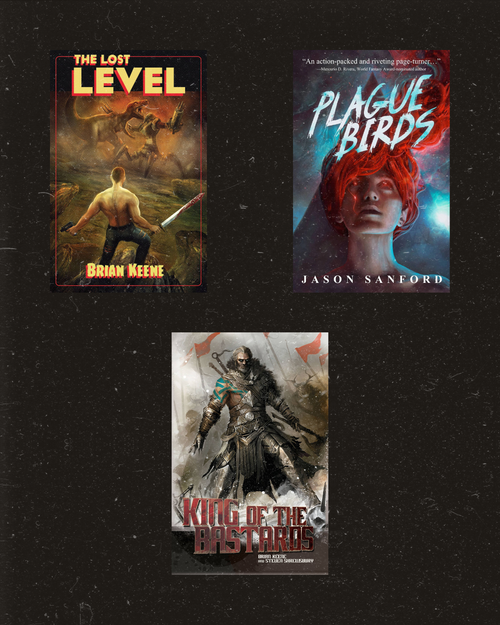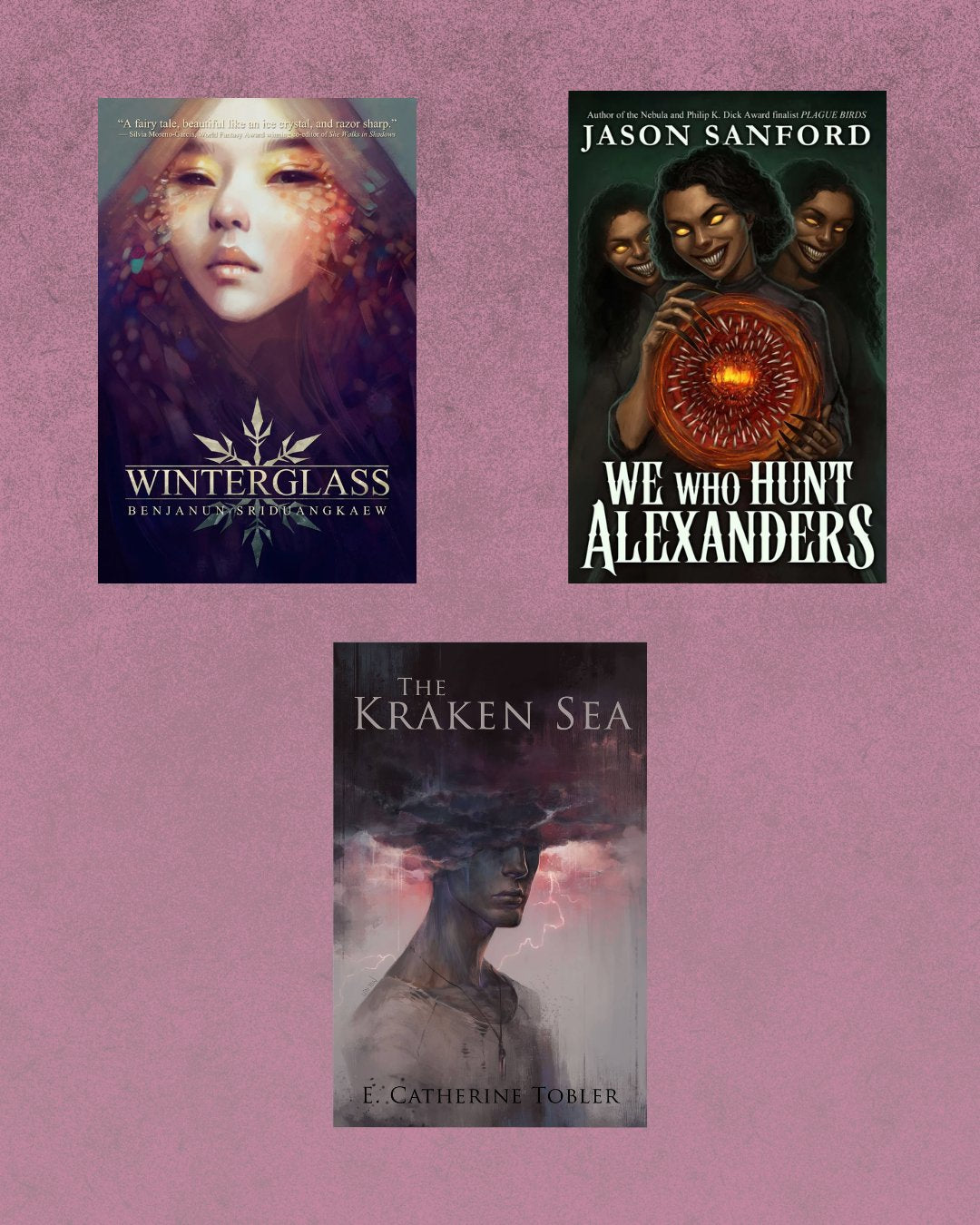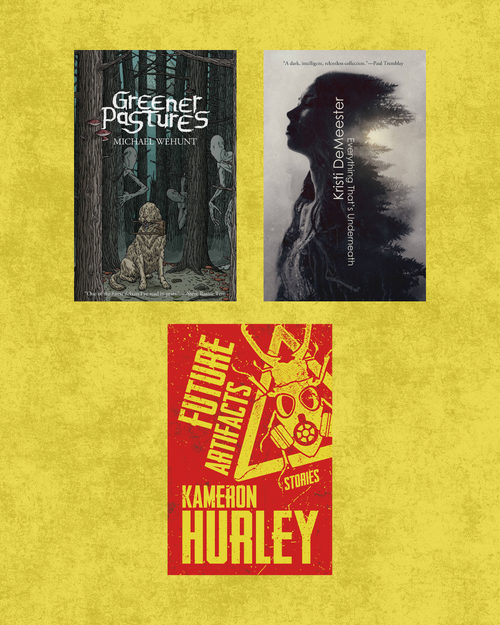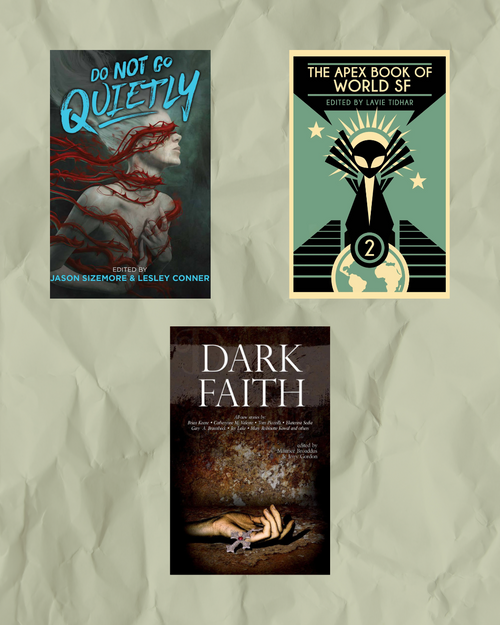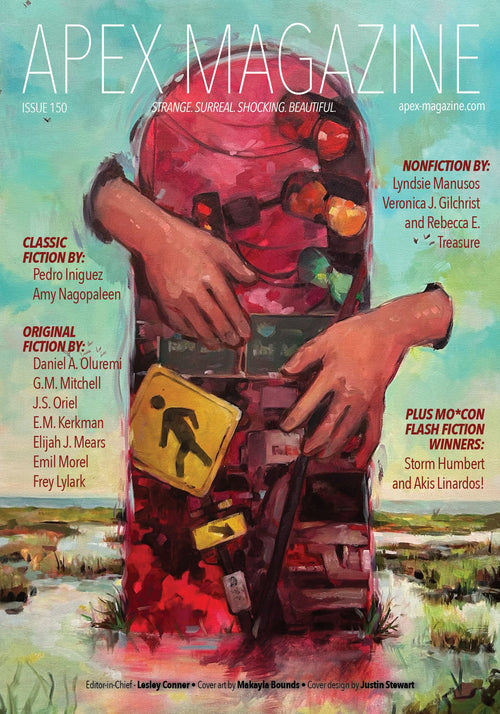CAN YOU ARTICULATE THAT
by ZZ Claybourne
In school I was told don’t run with scissors.
They also told me how articulate I was.
Never said that to any of my white friends.
Told me how much potential I had.
Not once did I hear them say that to a white classmate, grade school to high school.
Teachers would pull me aside so often to compliment me for things I considered ultra basic, often in eyesight of my friends, I started feeling like Gulliver on the beach, embarrassed, straining against yet another rope. Having grown up in Detroit at a time when the city hadn’t fully committed to its unspoken racial Berlin walls, my friends included a German, a Syrian, a Pakistani, us black Americans and a Korean. Their ethnic groups were in the minority, but they were there. Their parents were there, struggling alongside my parents. The neighborhood wasn’t perfect, but us kids managed to build something.
Every morning we’d go to school. School tended to tear down buildings bit by bit. Society wouldn’t teach us our true heritage, any of us, but it would certainly use every tool of social conformity to make sure we knew where we stood.
After a while I became actively resentful of accolades and attention. This reached a head when a teacher pulled me aside to deliver news of a great opportunity: advanced placement (me: YAY!) because they needed a black student to fill out a quota (me: GULLIVER). Understand, I was 11 or 12 years old when offered this placement; I had no firsthand knowledge of programs meant to boost chances, but I did know about merit, and I was a smart kid. I’d have been thrilled if they wanted me for me. Instead, a gigantic gong went off in my head. They wanted me for my skin. I turned it down.
The threads that bind us are extremely complicated.
It’s funny when a country is so inept it shoves you forward by holding you back. I knew my skin was a factor in everything related to my life. There’s not a black kid in the US that escapes that crushing awareness. I’d heard grown folks talk about quotas and affirmative action, heard the mountains of white folks brand a “level playing field” as those in the margins admitting some kind of inferiority, and been told by my mama countless times that I could do whatever I wanted but I was going to have to do it four times as hard. Twice as hard? That was done in our sleep.
I, apparently, wasn’t supposed to be articulate. The prevailing false narrative said so. So I was special, and wasn’t that special? I wasn’t supposed to have such a deft talent at capturing people in sketch, so I was told I might be as good as Dan, the white kid, if I kept at it. Dan was my friend; Dan would look at me with full WTF face when the teacher said this, because Dan openly admitted I kicked his ass up and down at drawing. I wasn’t supposed to have figured out the mathematics of triangles having sides of equal length having equal angles as well before the class ever heard the word equilateral. I was supposed to wait until someone well-meaning either helped me or nudged me. Anything outside that made me unusual, exceptional, or gifted.
X-Men comics being a staple of my life, I didn’t see Charles Effing Xavier in any hall in any school I went to. Maybe if the teachers hadn’t been so well-meaning. Maybe if they’d gotten a clue and said, “hey, you’re a bright kid, wanna do cool stuff?” I’d have been all over that. But I was a black kid growing up in America. White people loved to joke about how much blacks loved fried chicken, but I noticed all the time how my white teachers loved some skin.
All that potential I had was apparently in opposition to the natural arc of an impoverished underachiever. My white friends never had to be told about their potential. That, to me, made it a known quantity. But I was always polite when they commended me. Mama and Daddy wouldn’t have had it otherwise.
I grew up feeling like these teachers I loved never knew who I was at all.
Which was sad, because some of those teachers were amazing. I remember an art teacher who was young and wild and had a new idea for the class every two minutes. My language arts teacher introduced the class to Ramona Quimby and Shakespeare on the same day. The homeroom teacher who told me about the advanced placement classes let me lead expeditions outside during class time to dig up worms for the class turtle. I wonder how things would have turned out for all of us if they hadn’t been constrained by their own threads. My life right now isn’t the worst, but it’s not the greatest. I don’t have Rosario Dawson on speed dial. I don’t shop Home Depot with Idris Elba on a maker-run. What would my life have been like if my teachers had seen “me” first, my color second, and had the psycho-social tools to work within both? I can’t help wondering how many other kids who were brown like me heard that they were articulate, clean, well-mannered, helpful, promising, worthy to be uplifted…and got turned to stone rather than felt ready to fly? I wonder if I could see clearer than I do now? Would I have learned how to help a kid without making them feel they were automatically a burden unto themselves?
I think I would have. I’m glad I did. I learned to unravel the threads of false narratives. I learned to see bias in a handshake. Became as familiar with the deadly tools of conformity as I did the Five Fingers of Death. I learned that subtlety can do more than conceal; it can reveal and heal. Not every compliment in our world is a compliment. Not every binding thread a visible rope. Not every gag in the mouth a tasteless rag. Sometimes we look back and we realize we were running with scissors the whole time.
As a grown-up I know the machinations behind initiatives designed to socially uplift. I’ve learned the scent of swamp and flower intermingled, know the binding weeds from the sturdy vines. I still run with scissors these days, eyes opened wider than my grade school self, and—for better, worse, but always with intention—I cut.








